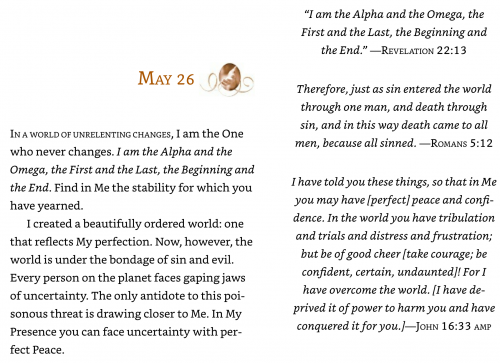The Second Conversion
Tuesday, May 26, 2020
If the first conversion to solidarity is to befriend or experience compassion for the poor, the Second Conversion to solidarity is anger at the unjust situation that caused their poverty. Many people never reach this stage of anger at injustice, especially in the United States. Our cultural worship of individualism and “bootstrap” mentality deprives us of the capacity to empathize with people in need and recognize systemic oppression. When we are in the middle or upper tier of privilege, it is almost impossible to see the many ways the system helped us succeed. We cannot recognize or overcome this “agreed upon delusion” as isolated individuals, mostly because it is held together by the group consensus. The dominant group—in any country or context—normally cannot see its own lies. We have to pay attention to whomever is saying “I can’t breathe” to recognize the biases at work.
This often only changes when, through friendship with people of different backgrounds and life experiences, we witness mistreatment and marginalization. We get to know someone outside our immediate social circle. Our sister falls in love with someone from another race, religion, or culture. Our grandchild is transgender. We see all the ways life is more difficult for them than it needs to be. We feel their pain instead of standing apart at a safe distance.
Anger is a necessary, appropriate, and useful response to this kind of injustice. It is the beginning of social critique and helps us protect the appropriate boundaries for ourselves and others. Yet anger can be dangerous, too. When it hangs around too long, it becomes self-defeating and egocentric. Then it distorts the message it came to offer us. We can become so intent on pointing out problems that we are never actually willing to be part of the solution. As I like to say, the best criticism of the bad is the practice of the better, not more criticism! The question of true conversion and solidarity is, “how can I work through my anger and get to the other side, so I can be a life-giving presence with and for those who are most suffering?”
For oppressed communities, however, anger can be a form of survival, a necessary stage on the path towards healing. Listening to such anger with compassionate friendship can itself be a form of solidarity. As my colleague Barbara Holmes writes:
Many spiritual traditions warn us against anger. We are told that anger provides fertile ground for seeds of discontent, anxiety, and potential harm to self and others. This is true. However, when systems of injustice inflict generational abuses upon people and communities because of their ethnicity, race, sexuality, and/or gender, anger as righteous indignation is appropriate, healthy, and necessary for survival. . . Until the killing of black and brown people stops, all peaceful methods of resistance are appropriate. Right now, our anger is our truth, and our anger is a sacred part of our humanity and our faith. [1]
